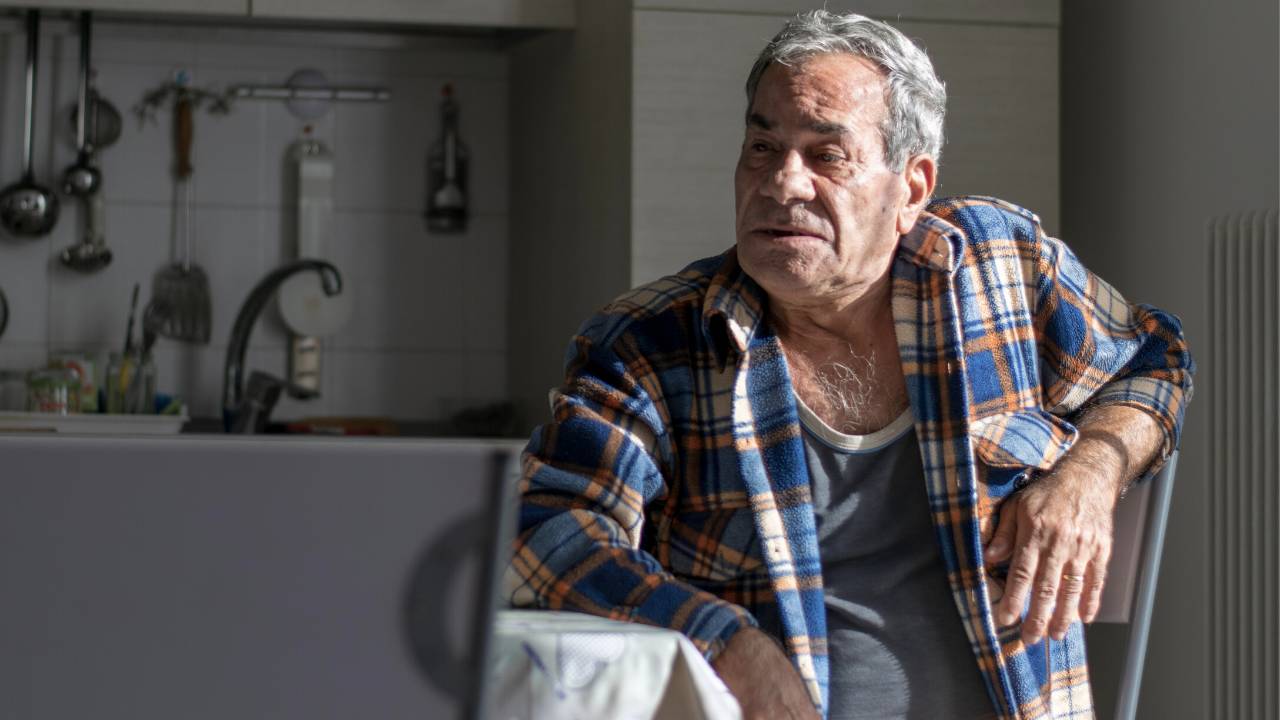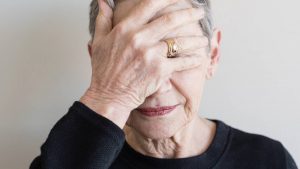Suicide is an important topic when it comes to older adults. Here’s why.
White men over 85 have the highest rate of suicide in the country (more than any other age group). Does this come as a surprise to you?
It’s also important to know that suicide attempts in older adults are more likely to result in death than younger adults due to the following reasons:
- Older adults plan more carefully and use more lethal means
- Older adults are less likely to be discovered and rescued
- Less likely to recover from a failed attempt
And here’s where you come in! In today’s episode, I share exactly what to say and do to help the older adults in your life who may be suicidal.
A quick but important disclaimer as we get started:
I will be talking about suicide and suicide prevention and in doing this I’m going to be sharing a story that was published in the New York times in December 2019. I know that suicide is a very sensitive topic and so if this topic is triggering for you or is very intense for you, please consider whether or not it’s healthy for you to listen to this particular podcast on this particular day. If you do choose to listen, please consider listening with a friend or calling a friend afterward. If you need to talk about it and process it.
Here’s a peak inside the episode:
- [02:44] The New York Times shared a family story about suicide in December 2019, learn one family’s experience with suicide in older adulthood.
- [05:21] You may be surprised to hear that White men over 85 have the highest suicide rate in the country, more than any other age group. Learn more about why this is.
- [06:06] Talking about suicide with older adults is not going to make them more suicidal, in fact, it might help. Learn the questions to ask here.
- [07:39] I share many other strategies for helping a suicidal older adult.
- [10:30] Spending time with an older adult who is suicidal is essential to reducing risk for suicide.
- [11:39] Friends and family have an important role in helping older adults who are suicidal.
By the end of this episode, you’ll have a clear sense of why suicide is such an important topic when it comes to older adults and know what to say and do if an older adult in your life is suicidal.
If you or someone you know is in crisis or struggling with thoughts about harming themselves or others, please reach out to the…
Links mentioned in this episode:
- Sweethearts Forever: Then Came Alzheimer’s, Murder, and Suicide (NY Times article, Dec 2019)
- Grief and Loss During COVID (Part 1): Anticipatory Grief and Ambiguous Loss (Podcast Ep #005)
References:






